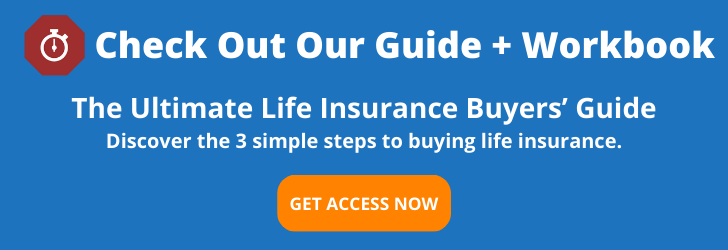04 Aug Is Indexed Universal Life Insurance a Scam?

2021 was a record-setting year in Indexed Life insurance sales, with $2.4 billion in sales. This includes both Indexed Universal Life and Indexed Whole Life insurance policies.
I highlighted SALES twice in that statement because most of these policies are SOLD – not bought.
Most of us don’t wake up and say, “Today, I am going to buy an Indexed Universal Life policy!” I mean, I don’t know anyone who does, do you?
The point is that too many people are being sold Indexed Universal Life (IUL) insurance. And, as with anything that experiences a record-setting year in popularity, people start to question it.
People start to wonder, “Is Indexed Universal Life insurance a scam, or is it really worth it? Is it all it’s cracked up to be?”
Before we jump into whether an IUL is a scam, let’s start by applauding your inquisitiveness.
Rather than simply being sold an Indexed Universal Life policy (or as it’s often referred to…a Super Roth IRA), you’re taking the time to research it for yourself. Bravo!
The entire goal of Stop Being Sold® is to help consumers do just what you are doing – research for yourself to determine if a financial product is the right fit for your goals and objectives.
Now that you’ve patted yourself on the back, let’s answer the question of whether or not the Indexed Universal Life policy is a scam.
The Confusion with Indexed Universal Life
Indexed Universal Life insurance policies have been marketed under different names, such as:
- A Super Roth IRA
- Tax-Free Retirement Account (TFRA)
- Section 7702 plans
- Bank on Yourself
If you type any of these names in a Google search, you will see questions like:
- Is Indexed Universal Life a scam?
- Can I lose money with a Super Roth IRA?
- Is Indexed Universal Life a pyramid scheme?
Let’s focus specifically on the Indexed Universal Life insurance policy someone is trying to sell you to clear up any misinformation.
The short explanation of Indexed Universal Life insurance is that it is a combination of life insurance and an investment product.
Sellers will stress that, with Indexed Universal Life insurance, your dependents will receive a death benefit upon your passing, but, at the same time, you can also grow cash value that can be withdrawn whenever you want for whatever you want.
Sometimes people think this combination of a life insurance and investment product will help them get rich quick.
Hence the idea that some people think Indexed Universal Life is a get-rich-quick scam.
Watch Is Indexed Universal Life a Scam??? [Buyer BEWARE]
What Is Indexed Universal Life Insurance?
Life insurance policies guarantee your dependents will receive money upon your passing if you uphold your end of the contract (i.e., paying your premium payments).
Indexed Universal Life insurance is a type of permanent life insurance, which means it has a cash value component in addition to a traditional death benefit.
When life insurance is universal, this type of life insurance policy has options that allow you to change the amount you pay for insurance, the amount of the death benefits, how much cash value you want, and more.
You get to choose and amend the amounts yourself.
In a standard Universal Life insurance policy, the cash account balance is guaranteed to grow at an interest rate based on either the current market or a minimum interest rate, whichever is higher.
With an Indexed Universal Life insurance policy, the money in your cash value account can earn interest based on a stock market index.
The cash account earns money based on the stock market value you choose.
[Related Read: Indexed Universal Life Insurance Explained]
What Are the Advantages of IULs?
The major benefits of Indexed Universal Life insurance are:
- Control over your death benefit and payments. You have the flexibility to increase or decrease payments, depending on your need for coverage, the growth of your cash account, and your financial situation.
- Stock market index-driven rates of return on your cash value account. Your cash value can build up when the market grows, and that growth is often accumulated tax-free. The index-based options can outperform fixed interest rates in other types of permanent policies, which gives you the potential to increase cash values faster, while still limiting your downside risk.
- Unlimited contributions. Unlike other tax-deferred accounts, you do not have limits on the amounts you can put in your policy.
- Tax-free growth and distributions. By using loan features to make withdrawals from your IUL, your distributions can be free of taxation.
- No age limit for withdrawals. Unlike other tax-deferred plans (IRAs), you have no age limit to withdraw your funds.
- Tax-free death benefit. Your death benefit is tax-free to your heirs. This includes the cash values that have built up inside the policy. of
What Are the Disadvantages of IULs?
Indexed Universal Life is more complex than it may appear. As such, many people are sold the product without realizing all that goes into maintaining the policy.
They are sold on the advantages without being aware of the disadvantages.
Here are some of the disadvantages of Indexed Universal Life policies:
- Risk. There is a risk that the stock market will not rise as quickly as the illustrations have shown. The return on your investment could fail to meet your goals, which could lead to you owing extra money to keep your policy from lapsing.
- Complexity. These policies will take work to maintain your cash value. Indexes may underperform in some years, and you may have to pay more premiums into the policy to maintain it. You must be engaged. You cannot buy it and forget it.
- Limited upside. You are capped on your returns based on the index caps and participation rates that are offered. This means you don’t earn ALL the upside, but only the amount up to your caps. These caps can also come down over time, which could further limit your cash value potential.
- Flexible fees. Flexible fees can increase over time and eat into the payments you make or the value of your cash account.
Is an IUL Right for You?
Indexed Universal Life insurance is not right for everyone.
For example, you need a long-term goal with this type of policy. If you can’t pay the premiums for a minimum of 10 years, it’s not a good fit.
But there are many places where an IUL policy may be a good fit.
Here are two common examples:
- If you have maxed out all other contribution limits, it may be a good fit. Once you have reached all the free matches of your 401(k) or workplace retirement plan and maxed out your Roth IRA contributions, you can put any remaining funds into an IUL.
- If you plan to help fund your child’s education, it may be a good fit. You can use an IUL to accumulate unlimited amounts of cash value, and it will not be included in assets when applying for financial aid. This type of policy is often used for college planning.
Indexed Universal Life – Scam or Not?
No, IULs are not a scam.
Indexed Universal Life insurance policies may not be the right fit for everyone, but for the right people, they are great.
IULs have been around for well over 100 years and are backed by some of the highest-rated insurance companies today.
However, they are often “marketed” as the “holy grail” of wealth planning, and nothing else compares.
This is wrong.
As we already mentioned, they are great for some people, but not at all the right fit for others.
Like we always say, DYOR (Do Your Own Research) on any financial product before you buy.




No Comments